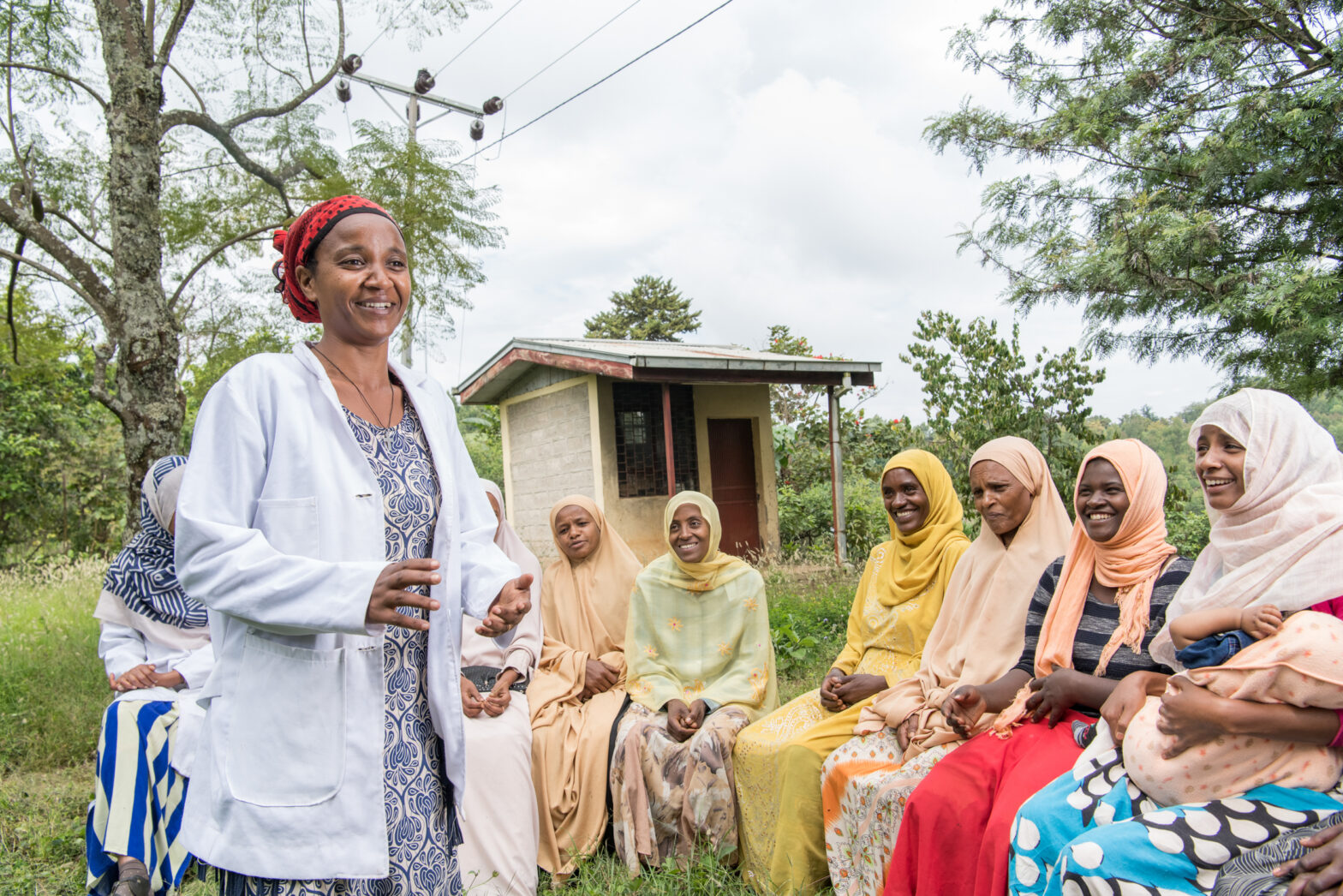Today Ethiopia has more than 70 confirmed cases of COVID-19, a fact that has placed the country’s midwives on high alert.
Category: In the News
Crisis on the Horizon: Devastating Losses for Global Reproductive Health Are Possible Due to COVID-19
Every year, nearly 700 million women access modern contraceptive methods, over 90 million give birth in a health facility, and tens of millions access safe abortion services all around the world. However, in the midst of this pandemic, bad policies and structural barriers may contribute to many people losing access to these essential services.
Estimates of the Potential Impact of the COVID-19 Pandemic on Sexual and Reproductive Health in Low- and Middle-Income Countries
The novel coronavirus (SARS-CoV-2) that causes COVID-19 has spread rapidly since emerging in late 2019, leading the World Health Organization (WHO) to declare the disease a global pandemic on March 11, 2020. Governments around the world have had to quickly adapt and respond to curb transmission of the virus and to provide care for the many who have been infected. The strain that the outbreak imposes on health systems will undoubtedly impact the sexual and reproductive health of individuals living in low- and middle-income countries (LMICs); however, sexual and reproductive health will also be affected by societal responses to the pandemic, such as local or national lockdowns that force health services to shut down if they are not deemed essential, as well as the consequences of physical distancing, travel restrictions and economic slowdowns.
Ethiopia: COVID-19 Limits Force Ethiopian Mothers to Give Birth at Home
COVID-19 travel restrictions in Ethiopia are forcing pregnant women to give birth at home, health workers say.
Centring sexual and reproductive health and justice in the global COVID-19 response
Global responses to the coronavirus disease 2019 (COVID-19) pandemic are converging with pervasive, existing sexual and reproductive health and justice inequities to disproportionately impact the health, wellbeing, and economic stability of women, girls, and vulnerable populations.
Sexual healthcare efforts falter in Africa as countries focus on COVID-19
As African countries impose measures to prevent the spread of highly contagious Covid-19, sexual and reproductive health workers are finding their work increasingly difficult, from transportation bans to rules that could put a pregnant woman’s life in jeopardy, according to an international sexual health group.
Lockdowns mean millions of women can’t reach birth control
Lockdowns imposed to curb the coronavirus’ spread have put millions of women in Africa, Asia and elsewhere out of reach of birth control and other sexual and reproductive health needs.
COVID-19 pandemic cuts access to sexual and reproductive healthcare for women around the world
The COVID-19 pandemic is having a major impact on the delivery of sexual and reproductive healthcare around the world, according to a survey of its national members conducted by the International Planned Parenthood Federation (IPPF). 5,633 static and mobile clinics and community-based care outlets have already closed because of the outbreak, across 64 countries. They… Continue reading COVID-19 pandemic cuts access to sexual and reproductive healthcare for women around the world
Merck Announces $3M Commitment to Address Critical Maternal Health Needs During COVID-19 Pandemic
Merck, known as MSD outside the United States and Canada, announced today a commitment to strengthen health systems affected by the COVID-19 pandemic. Through Merck for Mothers, the company’s global initiative to help end preventable maternal deaths, the company will provide $3 million to help health systems better meet the needs of pregnant women before, during and following delivery while tackling COVID-19.
COVID-19: What implications for sexual and reproductive health and rights globally?
On the 11 March 2020, coronavirus disease (COVID-19) was declared a pandemic by the World Health Organization. Other coronavirus outbreaks which have occurred include the 2002–2003 severe acute respiratory syndrome (SARS) and the Middle East respiratory syndrome (MERS), first reported in 2012. Outbreaks like these can impact sexual and reproductive health and rights in various ways, at individual, systems and societal levels, and some of these implications are considered in the article.







